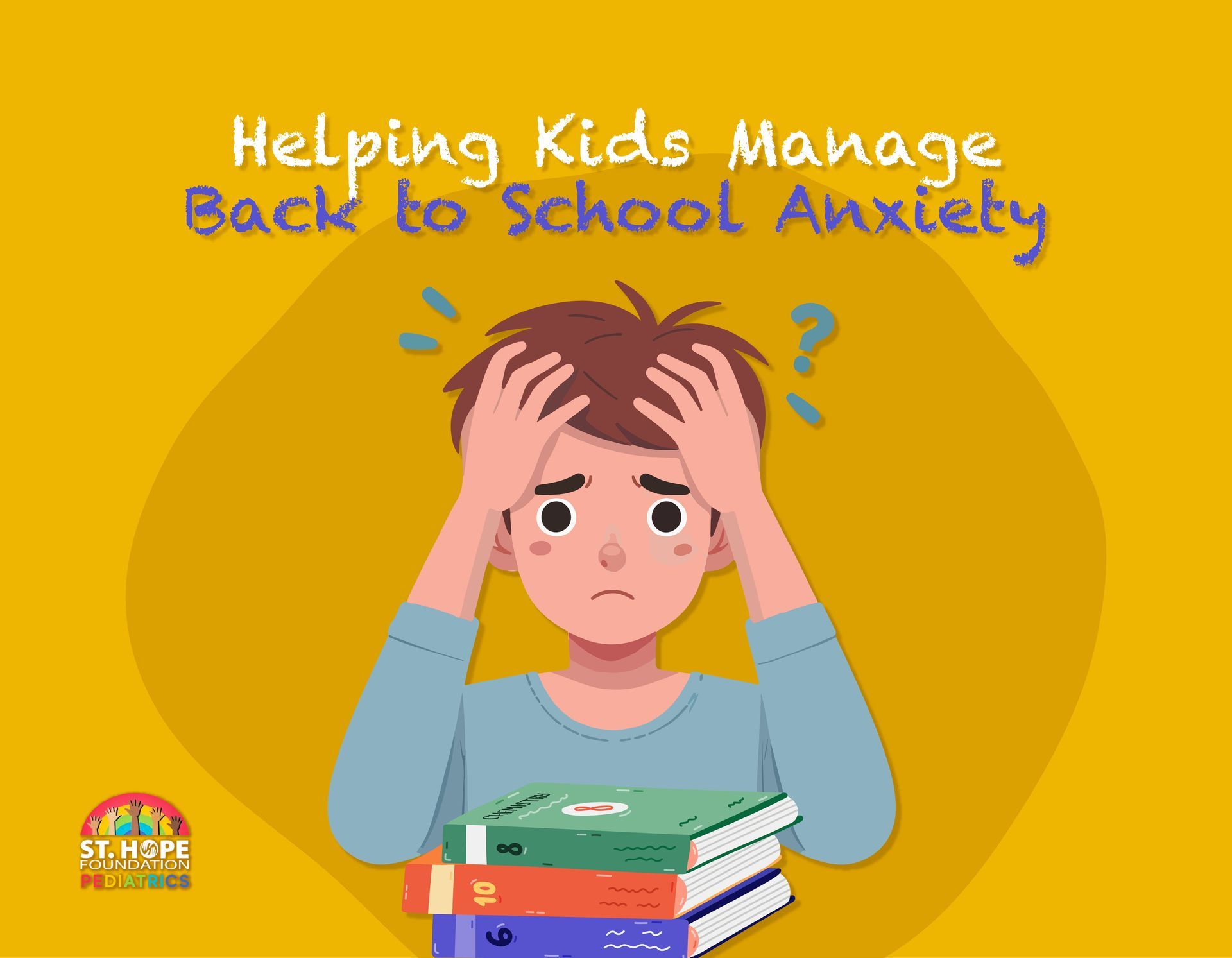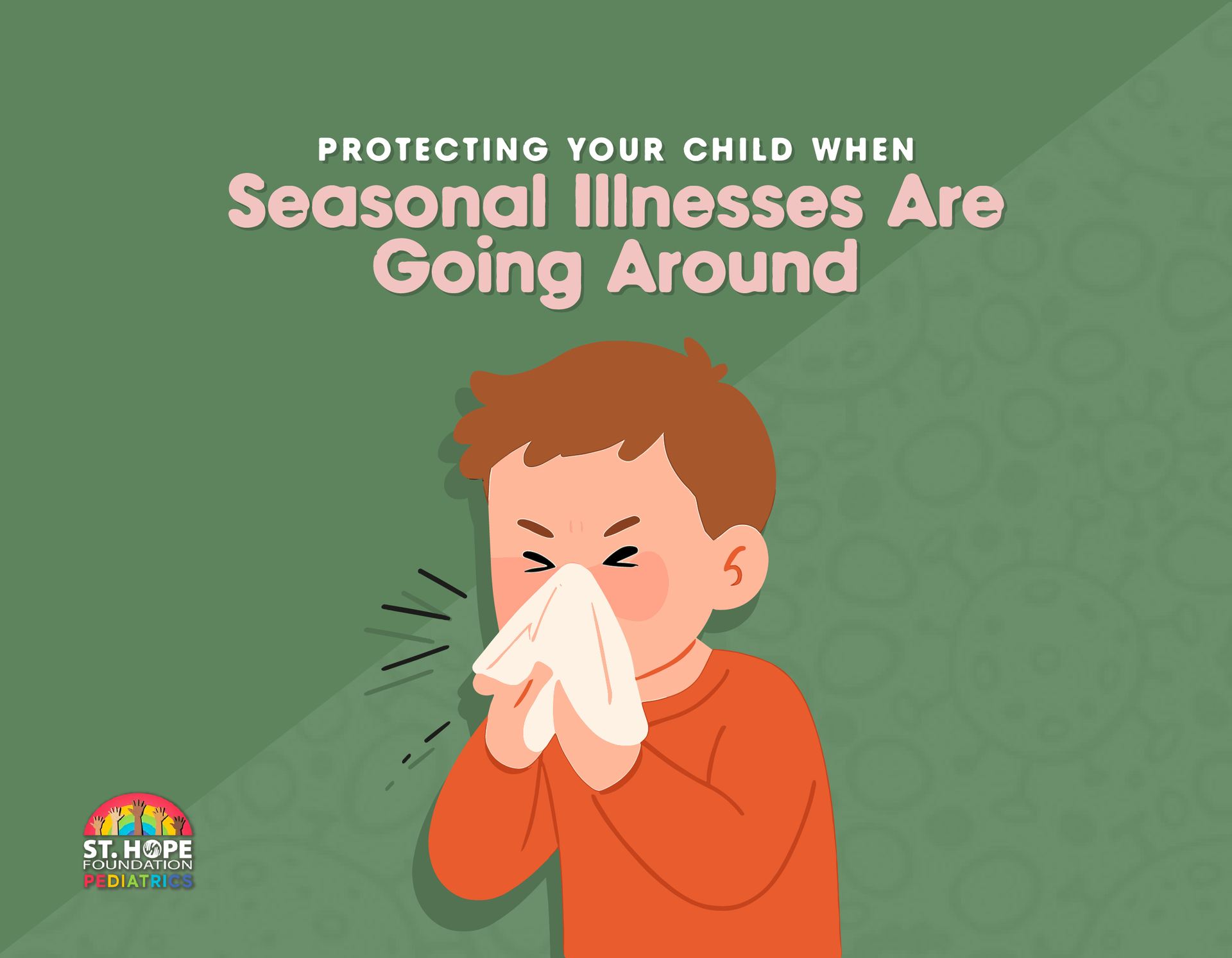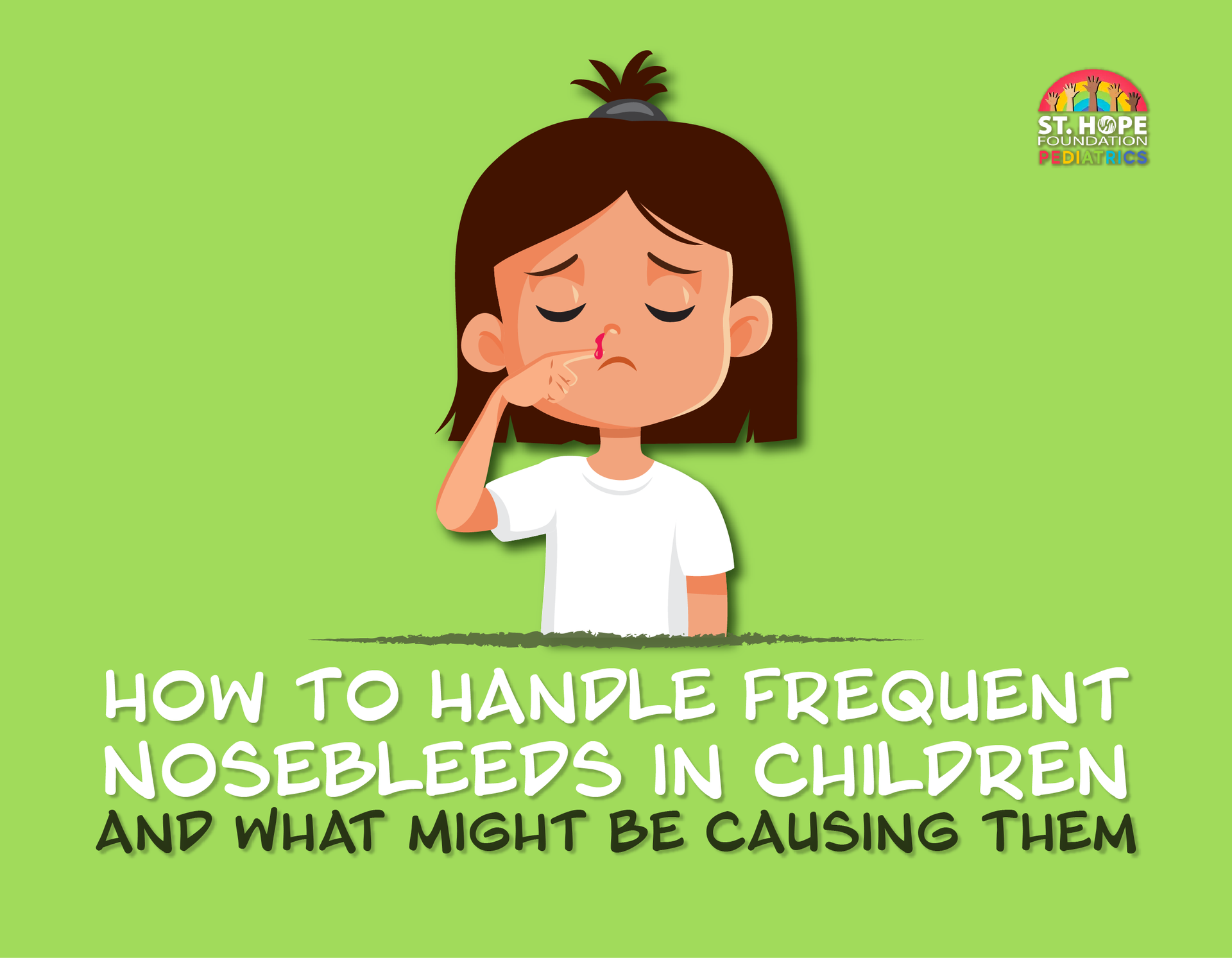
The start of a new school year is often filled with excitement, but for many children, it also brings a wave of anxiety. Whether it’s the first day of kindergarten, the transition to middle school or just the shift back into routine, back-to-school season can feel overwhelming.
As a parent, you want to help your child feel confident and calm, but knowing how to support them isn’t always easy. By recognizing the signs of back-to-school anxiety and taking proactive steps, you can ease the transition and set the stage for a positive school year.
Recognizing the Signs of Back-to-School Anxiety
Children don’t always come out and say, “I’m anxious.” Instead, their worries often show up in physical or behavioral ways. Look out for these common signs:
- Frequent stomachaches, headaches or complaints of not feeling well.
- Trouble sleeping, nightmares or difficulty falling asleep.
- Irritability, clinginess or meltdowns before school.
- Sudden changes in appetite.
- Reluctance to talk about school or avoidance of school-related activities.
For some kids, these symptoms may be short-lived as they adjust. For others, persistent or intense anxiety may signal the need for extra support.
What Causes Back-to-School Anxiety?
Every child is different, but some common triggers include:
- Fear of the unknown: New teachers, classmates or classrooms can feel intimidating.
- Academic pressure: Worries about homework, tests or keeping up with peers.
- Social concerns: Fears of fitting in, making friends or facing bullying.
- Separation anxiety: Especially common in younger children who struggle being apart from parents.
- Big transitions: Moving from elementary to middle school, or middle to high school, can amplify worries. Facing new
- environments, adjusting to new processes and interacting with older children can be intimidating.
Strategies for Parents to Ease Back-to-School Anxiety
1. Start Routines Early
Children thrive on consistency. A week or two before school starts, reintroduce school-year routines like earlier bedtimes, regular wake-up times and structured meal schedules. This helps your child’s body and mind adjust gradually instead of all at once.
2. Talk About Feelings Openly
Create space for your child to share their worries. Instead of asking, “Are you nervous about school?” try open-ended questions like, “What are you most curious about this year?” or “What part of school feels the hardest for you?” Listening without judgment reassures them that their feelings are valid.
3. Visit the School Together
For younger children or those entering a new school, visiting before the first day can reduce uncertainty. Walk through classrooms, meet teachers if possible and show them where key places like the cafeteria and restrooms are located.
4. Role-Play Scenarios
Practice common school situations like introducing themselves to classmates, asking for help from a teacher or finding their locker. Role-playing builds confidence and helps kids feel more prepared.
5. Encourage Healthy Habits
Nutrition, sleep and physical activity all play a role in managing anxiety. Make sure your child gets enough rest, eats balanced meals and stays active. These basics often make a big difference in how kids handle stress.
6. Model Calm and Confidence
Children often mirror their parents’ attitudes. If you speak positively about school, stay calm during morning routines and show excitement about learning, your child is more likely to adopt the same mindset.
7. Create a Goodbye Ritual
For children with separation anxiety, a simple and consistent goodbye ritual can make mornings smoother. Whether it’s a special handshake, a hug or a reassuring phrase, rituals provide comfort and predictability.
8. Break Goals into Small Steps
Instead of focusing on the entire school year, help your child set small, manageable goals like getting through the first day, meeting one new friend or finishing a first homework assignment. Celebrating small wins builds momentum.
When Anxiety Becomes More Serious
Mild back-to-school jitters are normal, but if anxiety persists for weeks or significantly interferes with your child’s daily life, it may be time to seek professional support. Warning signs include:
- Refusing to go to school for multiple days.
- Intense emotional outbursts that don’t improve with reassurance.
- Ongoing physical symptoms without a medical cause.
- Withdrawal from friends or activities they once enjoyed.
In these cases, talking with your child’s pediatrician or a mental health professional can provide valuable guidance and resources.
Supporting Parents Too
It’s not just kids who feel anxious about back-to-school transitions; parents often do too. You may worry about your child making friends, keeping up academically or managing their emotions. Remember that your calm, steady support makes a huge difference. Stay connected with teachers, other parents and your child’s healthcare providers to build a team around your child.
Helping Your Child Face the School Year with Confidence
At St. Hope Pediatrics in Houston, we know that back-to-school season can bring more than new notebooks, backpacks and big emotions. Our caring pediatric team is here to help your child navigate anxiety, build resilience and feel ready to learn.
Whether you need advice on easing daily worries or professional support for more serious concerns, we’re here to guide you every step of the way.
Call St. Hope Pediatrics today at (713) 778-1300 or contact us here to schedule a wellness visit.













